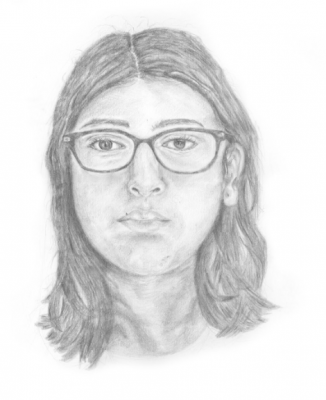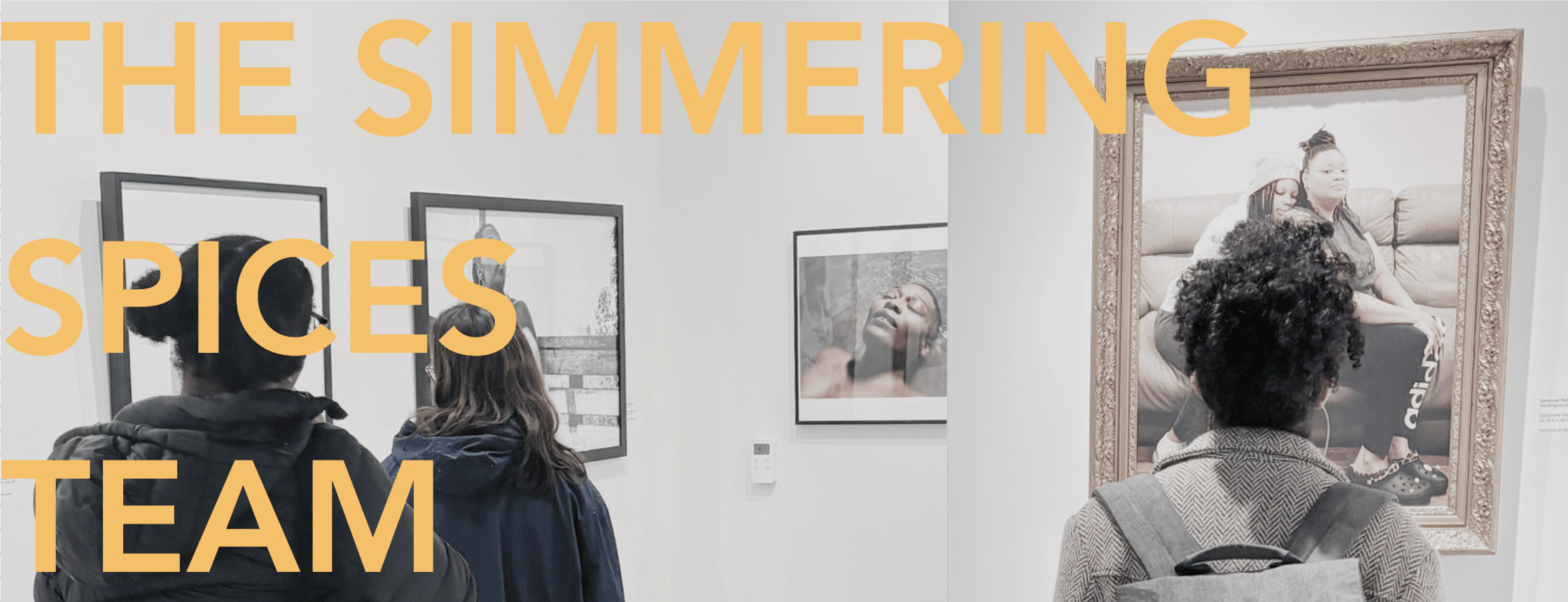
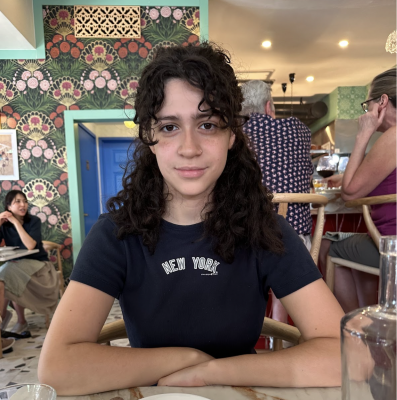
Aliana Aviles is currently a senior at East Side Community High School in the East Village. During Aliana’s high school, she joined her school Sisterhood group, where she fostered a community of girls and social justice initiatives. Through this experience, her eyes opened to the possibilities of connecting her passion for art with social justice. Specifically social justice pertaining to her Latina Caribbean identity. When participating in the Whitney Youth Insights Artists she discovered how Puerto Rican artists used their art to send messages about politics, heritage, gentrification, and so much more. This opportunity further led her to use her own art as a tool for advocating for change and carrying on her family’s traditions through art. She is very excited to be a part of The Simmering Spices and explore themes of education, social justice, and girls of color.
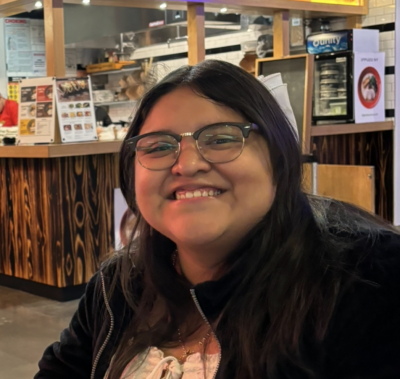
Blanca is a 19 year old artist, writer, and a mentor that was born on the 30th of April of 2004, right at Woodhull Hospital in Brooklyn, New York. She has been living her whole life in New York City, her current Burrough being Queens. She’s a Mexican American queer girl who grew up in a very standard Hispanic family. Experiencing generational trauma and alienation from peers at a very young age, she uses her own experience and the experiences of other fellow girls and femmes of color in her work to bring awareness to the importance of everyone’s own words and views of life. She’s especially passionate in speaking up on the pain that many Hispanic and Queer children go through in their lives, that end up eventually impacting them as adults. She also likes to focus on bringing awareness to Mental health in communities of color since many communities lack support in that field for young teens and adults. Being diagnosed with severe Depression and Anxiety at the age of 13 impacted her so much because she was now aware that her brain worked and reacted differently to the world than anyone else’s. Recently being diagnosed to also have ADHD in November of 2023 has answered many of her questions she has had towards herself and her past. Realizing that her mental growth is something not all girls and femmes of color get to go through at such a young age fills her with such determination to spread her own knowledge, support, and mentor teens that also love art and go though many mental challenges as well; taking time to grown and learn from them as well and see things from their own lens.

Leah Boveda is a junior at Brown University majoring in Mathematics. In her junior year of high school, she joined the grassroots organization Arizona Coalition for Change (AZC4C). Experiences in this program continue to inspire her attempts to incorporate her Afro-Latina identity and femininity into her studies rather than erase them. As an AZC4C “Civic Scholar,” she advocated for students of color and policies that would benefit local Black and Latine communities in Phoenix, Arizona. She has since spoken as a youth representative at the African American Policy Forum’s June 2020 “#TruthBeTold” Retreat and has co-written an article about her experiences in youth activism with her mother, a professor at Penn State University. She is very excited to be a part of the Simmering Spices collective and enjoys exploring the intersections between girlhood, racial identity, and self-expression. Much of Leah’s free time is devoted to the arts, and she especially enjoys drawing.
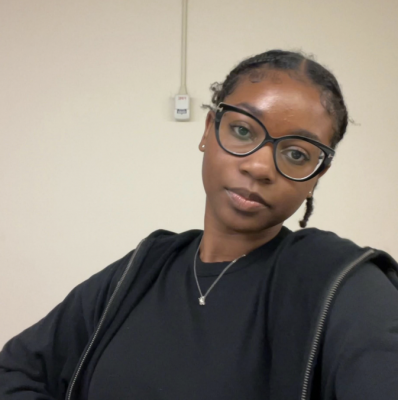
Mikayla is a 19 year old visual artist from Brooklyn, NY whose main practice involves the exploration of surrealist concepts through the acrylic medium. When Mikayla is not painting, she is most likely focusing on her college career where she studies communicative disorders in hopes of one day becoming a speech pathologist. She hopes to combine her love of art with her passion for helping others in which she strongly believes that art is one of the most powerful forms of communication. She aims to fill in the empty gaps where people have been misinformed or not made aware of the living histories and experiences of ethnic minorities. This vision involves curating safe spaces where expressivity is encouraged especially for those who are often underrepresented in the art world. The journey of helping others also invites room for self-development in which Mikayla is continuously striving to become more vulnerable in her art practice and daily life in general. With these personal aspirations, she also encourages other young, POC women and femmes of color to be unapologetic and unafraid to use their voices, both individually and as a collective. Through her various forms of communicative work, Mikayla hopes to invite conversations around internal and external reflection in order to spark conversations of change; educating oneself about the world that surrounds them while also looking within the self and seeking self-reform.
